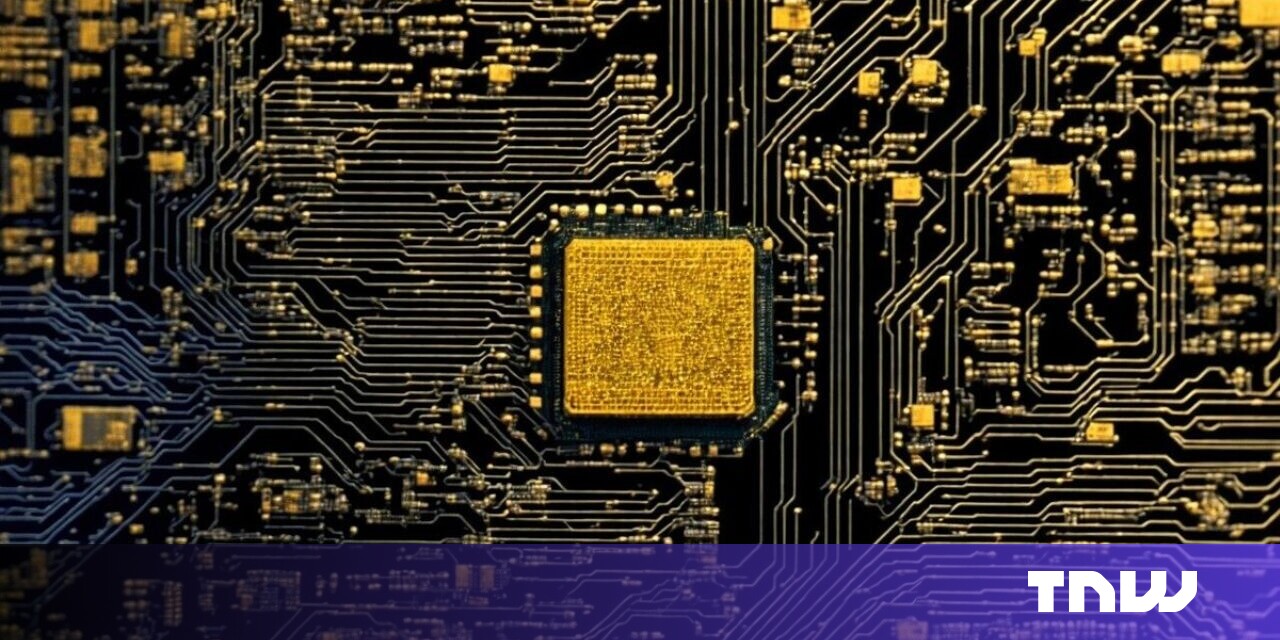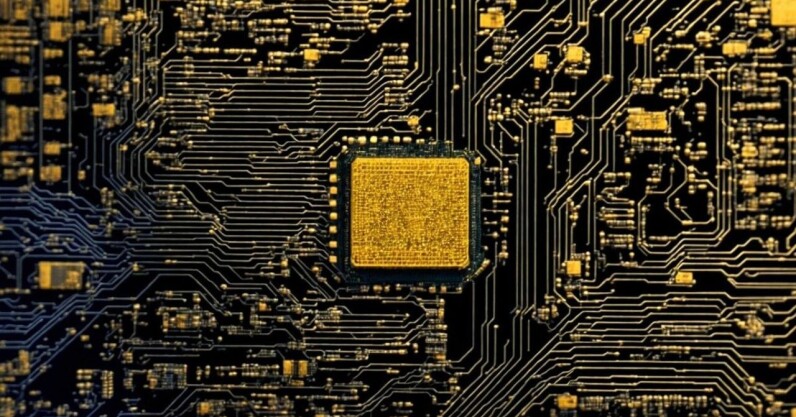
Dutch politicians have expressed their dismay over the US’ new export rules for ASML, claiming that Washington has “unilaterally” imposed restrictions on selling yet another chip making machine to China.
AMSL has already been prohibited from selling its most sophisticated machines to China since 2019. This year in June (following months of pressure by the US), the Netherlands also introduced stricter export controls of high-end chip manufacturing products citing “national security interests.” Unsurprisingly, ASML’s advanced immersion DUV lithography systems fall under the measures.
But last week, Washington updated its export restrictions to include ASML’s Twinscan NXT1930Di machine if it contains American-made parts. As a result, Europe’s largest tech company will now have to apply for a US license to sell its device, even though exports are allowed according to Dutch regulations.
In response, during a parliamentary meeting on Tuesday, Dutch MPs demanded explanations from Foreign Trade Minister Liesje Schreinemacher, local newspaper Het Financiel Dagblad reports.
This decision means that “unilaterally the rules have been changed,” said Mustafa Amhaouch, MP of the CDA political party. He added that “economic jewels are being thrown aways” as part of the geopolitical showdowns — which leads to uncertainty and financial harm for both the Netherlands and Europe as a whole.
Schreinemacher said she does support a countermeasure, noting that the US has the right to do its own security analysis. She also dismissed suggestions that “economic motives” were at play. In addition, the minister highlighted that ASML does not simply use American-made components, but also has production facilities in the US.
For its part, ASML “will seek further clarification from the US authorities,” but is committed to complying with the export laws and regulations of the countries it operates, the company said in a statement. It doesn’t expect an impact on its financial outlook until 2030.
ASML’s now restricted deep ultraviolet (DUV) lithography machine produces a variety of chips, ranging from more advanced, to mid-range, and older ones. According to Schreinemacher, the block will only affect sales to six Chinese factories.
Meanwhile, the minister will further discuss the US measures in an upcoming meeting with EU member states in Brussels, and she said that the EU should have a greater role in decisions regarding the ban of sensitive technologies. “Europe is a strong force, and we must use it,” she noted.
Unlike the US’ clear decoupling strategy from China, the EU has been so far following a de-risking approach. But it seems that it will need to have a stronger stance in what appears to be an escalating chip war.







